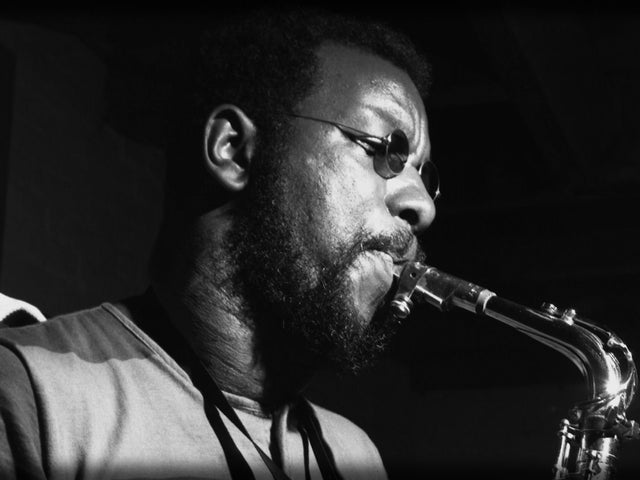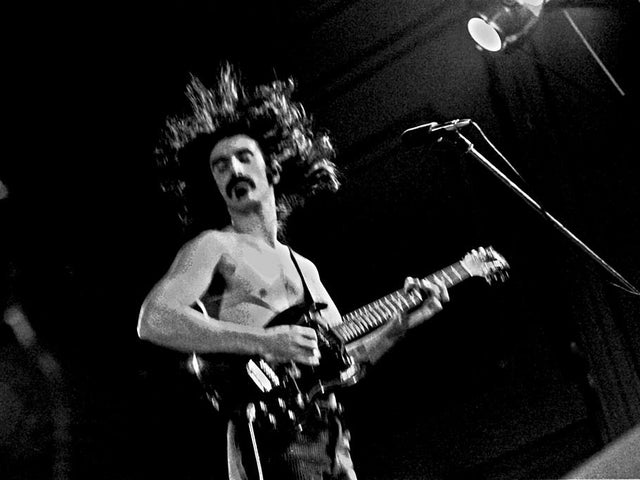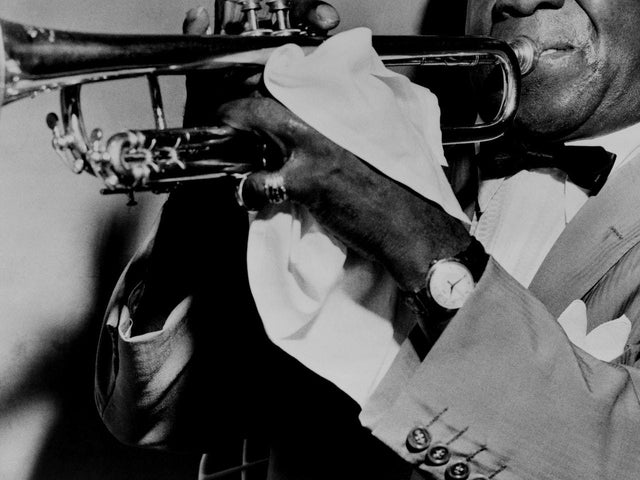Album Minggu Ini: Dirty Projectors
The Group Comes Back With A Breakup Album For Their Eighth, And Best, Album
Setiap minggu, kami memberi tahu Anda tentang album baru yang perlu Anda duduk dan habiskan waktu bersamanya. Album Minggu ini adalah Dirty Projectors, album kedelapan self-titled dari proyek seni rock yang telah lama dijalankan oleh Dave Longstreth.
Social media has changed everything, from how we tell each other jokes, to how we stay up-to-date, to how the president informs the populace that they should buy the discount clothing made by his daughter. But it has also made breakups increasingly complex, and made them more public than they ever were before. You can watch relationships dissolve in deleted Instagrams, unfollows, and status update changes on Facebook. You can watch mutuals give support to one party, and excise the other from their feed, and you can watch the ensuing drunk Tweets and recriminations play out in real time. It’s impossible for a breakup to be completely private now, and that goes for your college friend who just got divorced as much as it does Taylor Swift.
Which is to say that Dirty Projectors is the most public breakup album in recent memory, a breakup album where you know everything about both parties, in that is both implicitly and explicitly about Longstreth’s breakup from Amber Coffman, his muse, lover, and bandmate for the better part of the last decade. They were never publically “together” but it was always insinuated; you don’t write a star-making song like “Stillness is the Move” for a bandmate you are not extremely fond of. The album is brave in its completeness. Specific car rides, and arguments, and philosophical differences in their relationship--from musical, to fame, to whether or not to settle down--are in the songs’ details, and it very nearly ascends to the breakup album pantheon alongside Here, My Dear, as the most raw, specific breakup album ever.
Dirty Projectors starts with “Keep Your Name,” and the first lyrics are “I don’t know why you abandoned me / you were my soul and my partner / what we imagined and what we became / we’ll keep them separate and you keep your name,” hinting at a fundamental difference in what both he and Coffman thought their relationship would be, and both of them keeping their name (her, presumably her maiden name; him, the name of the band). A lot of folk songwriting gets lauded as being “naked,” but the amount of openness Longstreth displays from the first song (“I wasn't there for you / I didn't pay attention / I didn't take you seriously / And I didn't listen” he sings here) will have you listening through covered ears.
And things only descend down the death spiral of a relationship from there, with, uh, “Death Spiral” and “Up in Hudson,” the album’s centerpiece that is most centrally about he and Coffman’s relationship (Key line: “Then I knew: maybe I could be with you/ Do the things that lovers do / Slightly domesticate the truth / And write you "Stillness Is the Move"--Longstreth, about 10 minutes into this album.). But while that song is the most “here are all the gory details,” it also ends with a measured take on how love can just dissipate without any explanation (“'Cause love will burn out / And love will just fade away / Yeah love's gonna rot / And love will just dissipate.) From there the songs take a turn for bleary-eyed looks back. “Work Together” is about trying to get back together by working together on love, the band, and the relationship. “Little Bubble” remembers those halcyon days of a new relationship when you feel like it’s you and your partner vs. the world and everything is perfect when you’re together. The songwriting here is as strong as Longstreth has ever been; he’s now gone from purposeful obscurist to diarist in 10 years.
The breakup doesn’t just affect Longstreth’s songwriting on Dirty Projectors; it’s most nakedly felt in the sound of the album itself. Where the last three Dirty Projectors albums were to varying sonic degrees about how Longstreth could manipulate and mold and mount attacks with a variety of voices, here he’s on his own, conjuring big discordant songs built on jarring samples that sound like car crashes (a good metaphor for a breakup). “Keep Your Name” is like listening to the inside of a power plant, while “Little Bubble” gets built on somber, looping orchestral flourishes. “I See You,” the gospel-esque track that closes the album has broken down drums under it’s huge organ swells, while “Ascent Through The Clouds” sounds like it was piped in from a magic carpet. The sonics of Dirty Projectors are a mix between the sketchier stuff Longstreth made on the Dirty Projectors albums he recorded in his dorm and the stuff you’d think he’d make if he suddenly had to be a beat producer.
According to Longstreth, he wrote the album as a missive about how love can be a transformative thing, and that he doesn’t want Dirty Projectors to only be framed through his breakup with Coffman--whose own 2017 album, some of it produced and co-written by Longstreth, will be about their dissolved relationship too--which is what he is contractually obligated to say as he makes the rounds to a variety of publications that are going to repeat the questions everyone else has already asked. But it’s a breakup album, and people live for drama (peace to Joanne).
However, it’s hard to square that narrative with the best song on Dirty Projectors, “Cool Your Heart.” Co-written with Solange and featuring D∆WN. It’s got a tropical sway that screams for “Indie BBQ Playlist,” but lyrics about having to dive into new relationships for the sake of avoiding loneliness, but being worried that it’s wrong to base your decisions on what you want from other people. It is, by a slight margin, the best stand alone Dirty Projectors song ever. And it doesn’t fit the narrative of the album as laid out. But in a way, it’s the most realistic song on the album: breakups aren’t all doom and gloom, minute-by-minute dives into where you went wrong, and they’re not just airing your ex out via social media or songs. At some point, you need to get busy living your life again. And Longstreth has with Dirty Projectors, his best album yet.
Andrew Winistorfer is Senior Director of Music and Editorial at Vinyl Me, Please, and a writer and editor of their books, 100 Albums You Need in Your Collection and The Best Record Stores in the United States. He’s written Listening Notes for more than 30 VMP releases, co-produced multiple VMP Anthologies, and executive produced the VMP Anthologies The Story of Vanguard, The Story of Willie Nelson, Miles Davis: The Electric Years and The Story of Waylon Jennings. He lives in Saint Paul, Minnesota.
Bergabung dengan Klub!
Bergabunglah sekarang, mulai dari 44 $Diskon eksklusif 15% untuk guru, mahasiswa, anggota militer, profesional kesehatan & penjaga pertama - Verifikasi sekarang!











